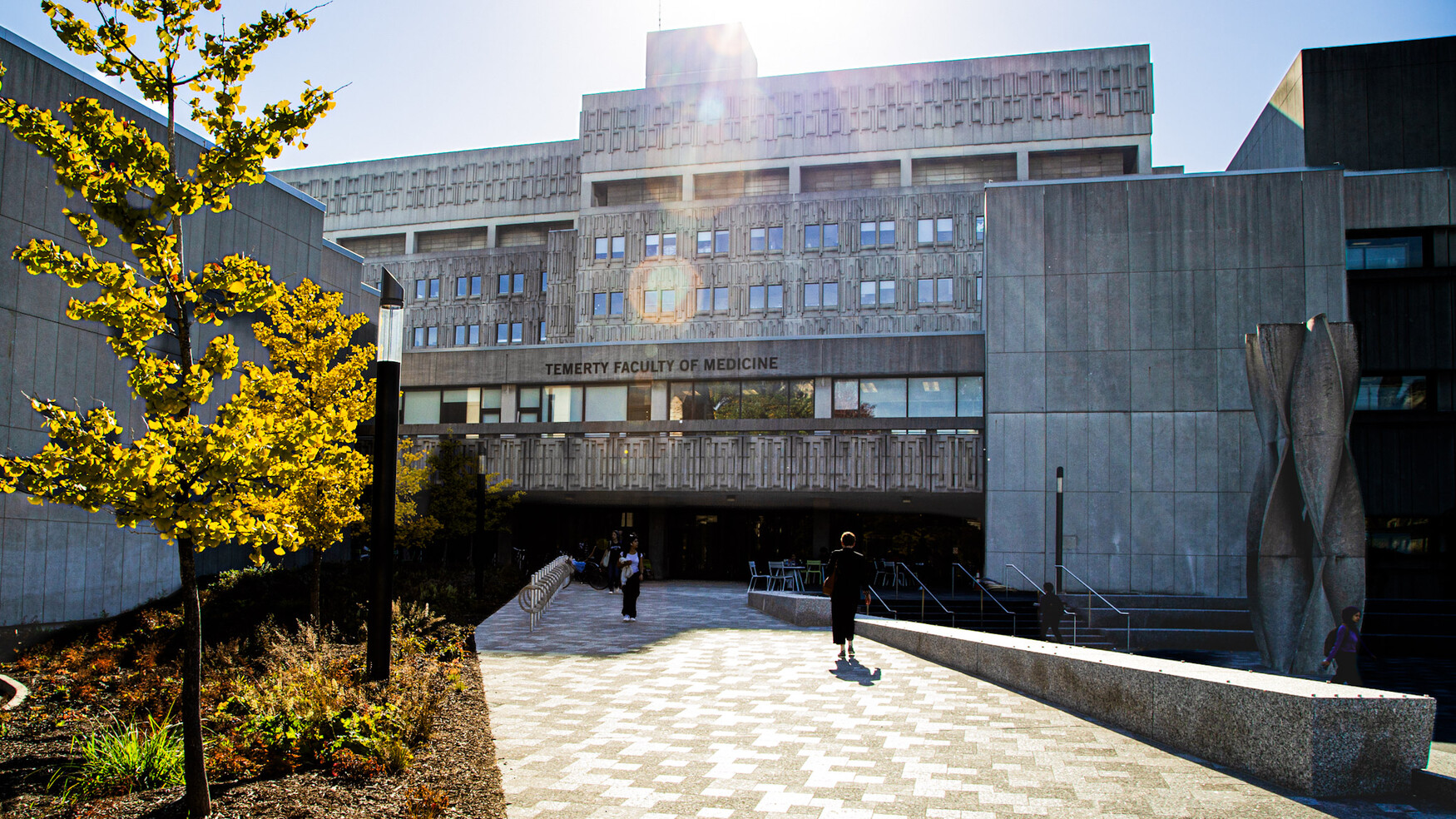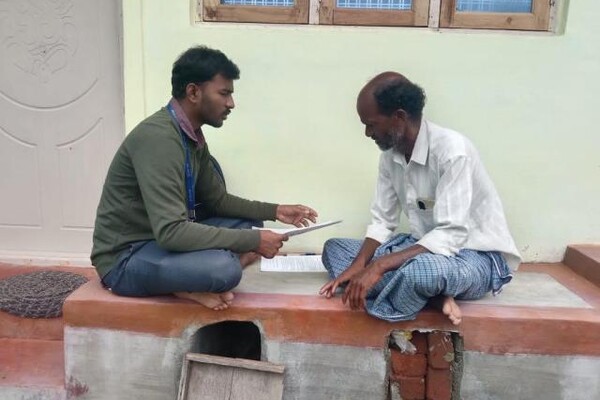Mobile Menu
- Education
- Research
-
Students
- High School Outreach
- Undergraduate & Beyond: Community of Support
- Current Students
- Faculty & Staff
- Alumni
- News & Events
- Giving
- About

A few months ago, I listened to an episode of a podcast by The New York Times featuring Robert Putnam, a political scientist known for his work on social capital. Putnam was talking about the value of community and connection in building a vibrant and resilient society.
The conversation resonated and stayed with me because community and connection are also at the core of what we do here at Temerty Medicine. As we tackle the complex health challenges of our times, we strive to not only build relationships that bridge across disciplines and professions, but also to connect with communities in our work.
I have long believed in the value of community partnerships, but the benefits they offer were brought to life on my recent tour of the Royal Victoria Regional Health Centre in Barrie. The hospital — Royal Vic as it’s known locally — became a University of Toronto-affiliated family medicine teaching site in 2008. Since then, it has provided valuable opportunities for our learners to broaden their educational experiences in a community-based setting while enhancing clinical services in the greater Barrie region.
Building on the success of our partnership with the Royal Vic, we are thrilled to welcome Georgian Bay General Hospital and Orillia Soldiers’ Memorial Hospital as the newest members of U of T’s network of academic health care organizations.
The Department of Family and Community Medicine is also leading the way in supporting academic community health centres (CHCs), which provide comprehensive primary care and social services to populations who face barriers accessing health care. Together with the Alliance for Healthier Communities and CHCs across the Greater Toronto Area, the DFCM team is developing a sustainable framework that would better integrate medical learners into the CHC system so they can learn about and support the delivery of high-quality primary care in underserved communities.
Partnerships like these enrich medical education for our learners and allow us to expand our reach beyond the classroom and into the heart of the communities we serve. They also provide increased opportunities for teaching, research and mentorship, and greater access to continuing education for our clinical colleagues at those sites.
The importance of community engagement also extends to research, where the perspectives of people with lived experience can help identify relevant research questions and shape the approaches taken.
An excellent example of this is the mpox rapid research response launched by U of T’s Emerging and Pandemic Infections Consortium in 2022. As cases of mpox started to appear in Toronto’s gay, bisexual and men who have sex with men community, researchers relied on the trust and relationships built with community partners over decades of work in sexual health to reach people who were at risk. The buy-in and feedback from the community were key enablers for the ongoing cohort study and clinical trial, which has already improved our understanding and treatment of mpox, and will continue to do so.
We value our community partnerships in both medical education and research. In strengthening our ties to the people we serve, these connections foster a fruitful exchange of ideas that allow us to become better educators, health care professionals and scientists.
Lisa Robinson
Dean, Temerty Faculty of Medicine
Vice-Provost, Relations with Health Care Institutions, University of Toronto

